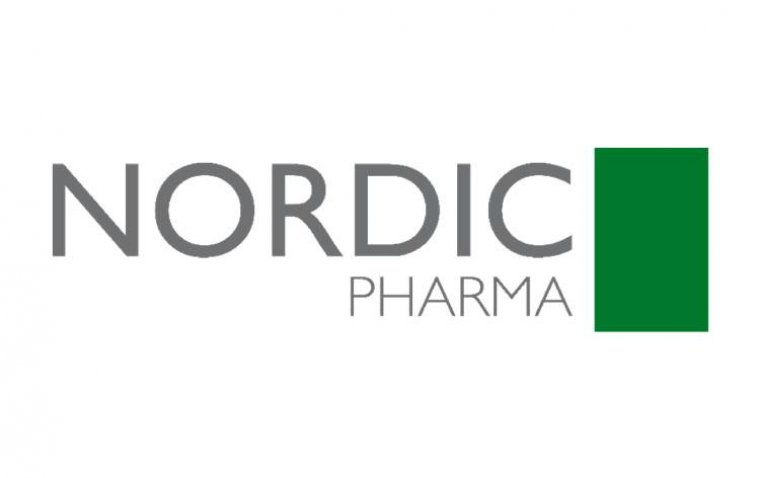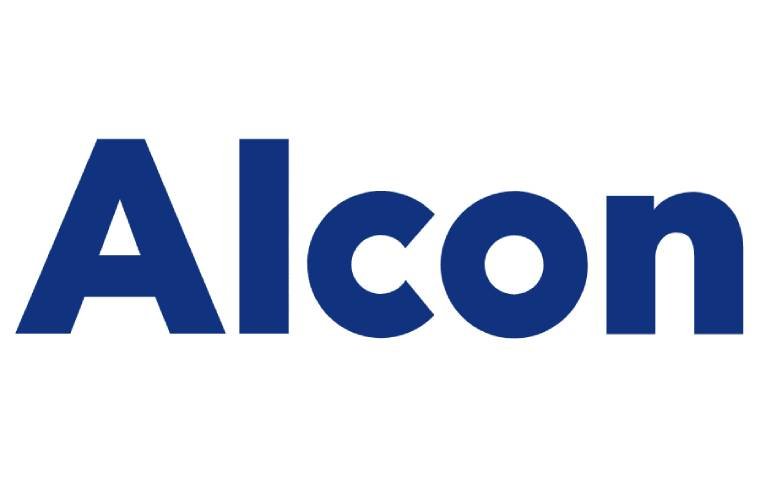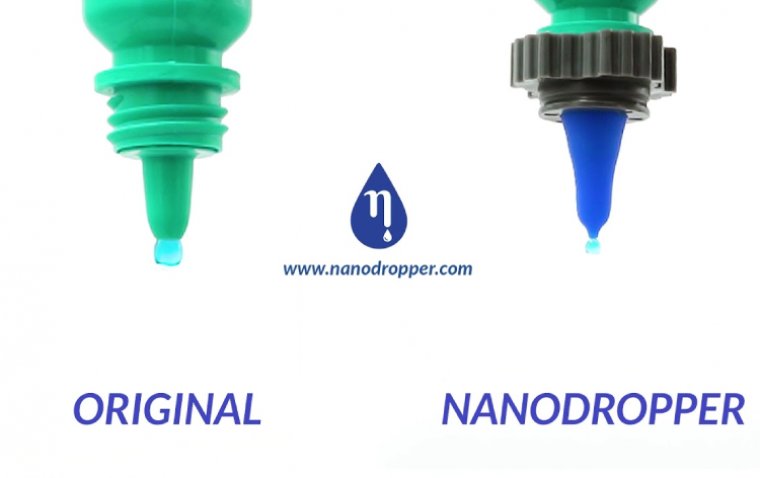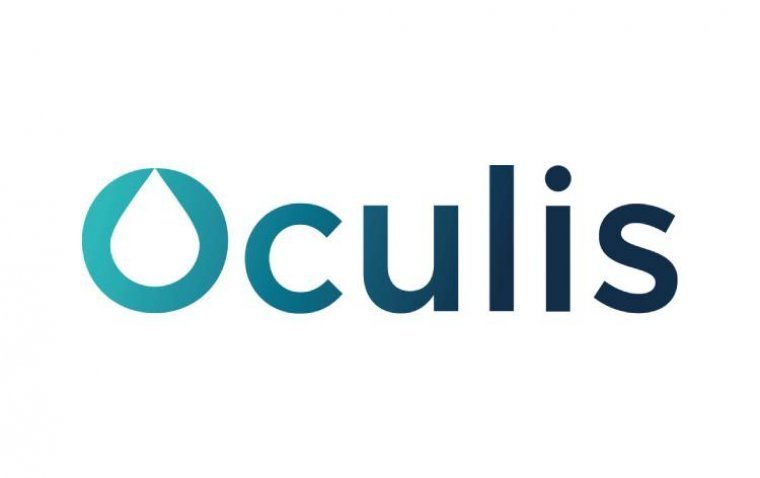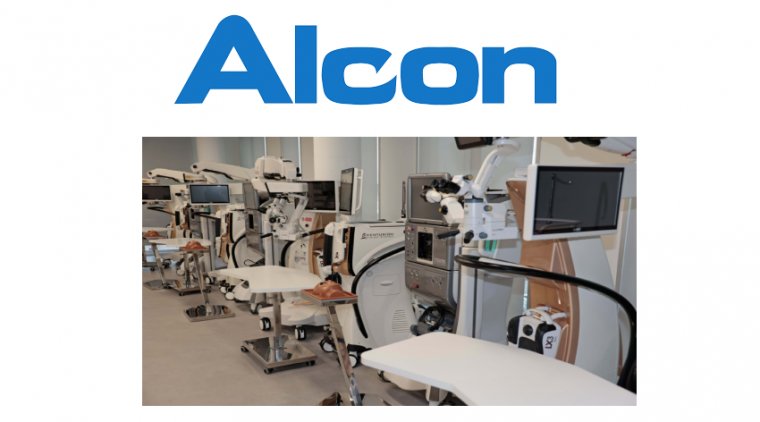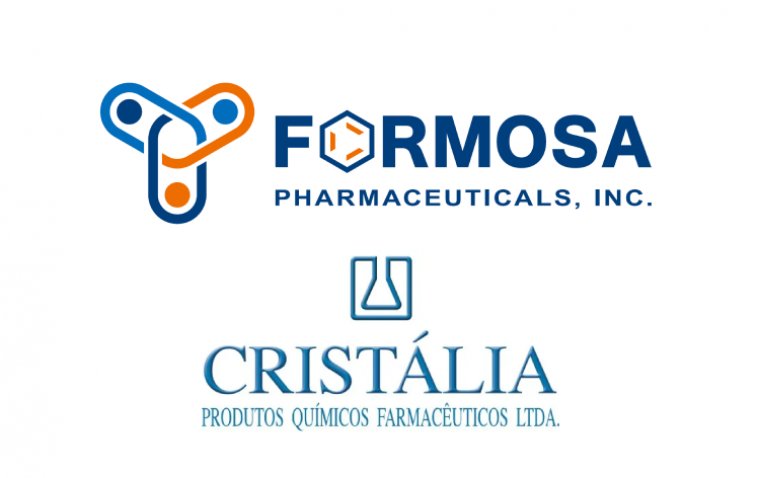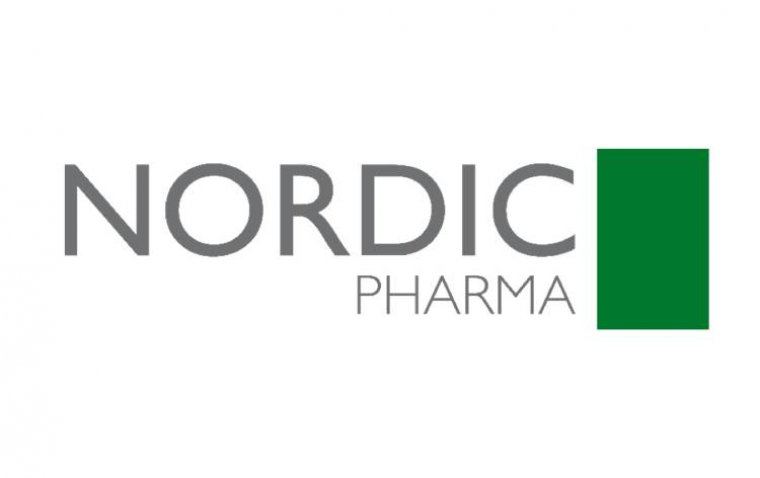
Alkeus Pharmaceuticals Reports Promising Data on Gildeuretinol for Stargardt Disease
Alkeus Pharmaceuticals announced positive interim data from the ongoing TEASE-3 clinical trial, revealing that gildeuretinol effectively halted the progression of Stargardt disease for up to 6 years.
The first three teenage patients with early-stage Stargardt disease enrolled in the trial and treated with oral gildeuretinol acetate (ALK-001) remained asymptomatic and free of disease progression for their treatment duration ranging between 2 years (one patient) and 6 years (two patients).
In the absence of treatment, these patients were projected to begin experiencing vision loss within 2 years, mirroring the disease trajectory of their untreated older siblings with identical genetic mutations. Gildeuretinol acetate, a deuterated vitamin A variant, successfully reduced vitamin A dimerization without compromising vision, holding FDA breakthrough therapy designation and orphan drug designation.
Dr. Michael B. Gorin from UCLA expressed optimism about the TEASE trials, emphasizing the clinical benefits observed in early-stage Stargardt patients. The notable preservation of vision in younger patients underscores the importance of considering the impact of therapies at different disease stages.
The TEASE-3 clinical trial is an open-label study of gildeuretinol in early-stage Stargardt disease, utilizing imaging and outcome measures to assess its impact on disease progression. Alkeus plans to submit a new drug application for gildeuretinol acetate based on these promising results.
TEASE trials include:
● TEASE-1 is a successful randomized, triple-masked, placebo-controlled trial;
● TEASE-2 is an ongoing trial with expected topline data in 2025;
● TEASE-3 is an open-label study with no signs of disease progression in enrolled patients;
● TEASE-4 is an open-label extension study.
Additionally, a phase 3 study of gildeuretinol in 200 patients with geographic atrophy secondary to age-related macular degeneration has recently been completed, with topline data expected in 2024.
Leonide Saad, PhD, President and CEO of Alkeus Pharmaceuticals, stated, “The data show the potential of gildeuretinol acetate to arrest Stargardt disease when treatment is started early. These early results of TEASE-3, together with the results of TEASE-1 in more advanced disease, recently presented at the American Academy of Ophthalmology, show great promise for all patients. We look forward to submitting a new drug application for gildeuretinol acetate in the treatment of Stargardt disease.”
Reference:
(1).jpg)
